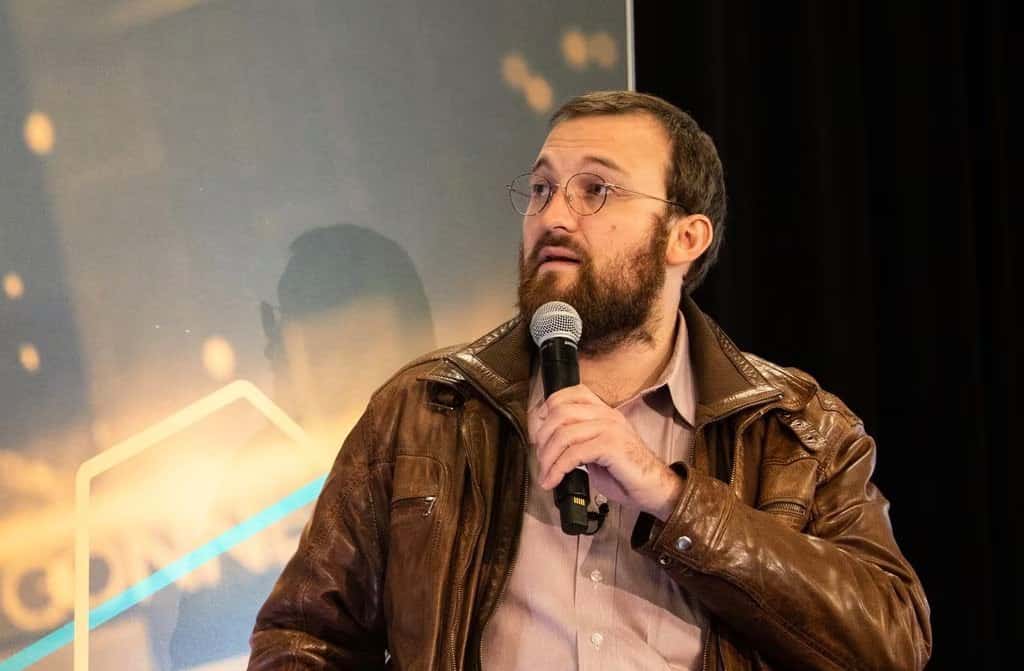
Cardano founder Charles Hoskinson took to X to tackle the ongoing FUD around its partner firm, World Mobile, whose ties go back to April 2021. In the post, he doubled down on the alliance, emphasizing the need for a heterogeneous protocol that handles complex hardware, licensed spectrum, user-driven network growth, and future-proofing quantum reality.
We noticed a repeated misunderstanding among some in the community that a partnerchain is NOT Cardano. It’s beyond my understanding since Cardano mentioned Cardano CL at the beginning of 2016. I guess everyone forgot about the idea that hypercomplex projects like WMC need the freedom to have unique protocols, including variations in consensus, ledger rules, network design, and transaction semantics.
Expressing support to World Mobile’s CEO, Micky Watkins, Hoskinson asserted that the frameworks and core infrastructure are new for this paradigm and will require time to mature, citing the example of Sidechain’s Midnight DevNet growth.
Echoing similar sentiment Watkins also directly engaged with members’ concerns via Telegram. Below are the two screenshots shared by a community member where Watkins explained their departure from the Cosmos chain but remained committed to the smart-contract platform.


WorldMobile, a blockchain-based telecommunications firm, boasts a decentralized hybrid dynamic network that is 12 times more affordable than legacy mobile networks. Founded in 2018, the crypto project seeks to bridge the digital divide by providing connectivity to 3 billion people currently without internet access.
Cardano Scaling Update
As reported earlier, Cardano is gearing up for an upcoming “SuperNode” launch to revolutionize the smart contract blockchain. Taking inspiration from Kaleido’s Hyperledger FireFly, the SuperNode will untangle the complexity that lies between the low-level blockchain and high-level business processes and user interfaces. In short, it will allow ADA developers to build applications designed to work with multiple parties.
Apart from the technological point of view, the social and economic aspects are significant. An SPO running SuperNode earns rewards by validating these multi-chain protocols, which then get passed on to their delegators, driving up the growth and activity within the network. Pool operators and stakeholders are vital for success. 1200 active pools and 1.3 million stakers are a solid basis for a high degree of decentralization.










